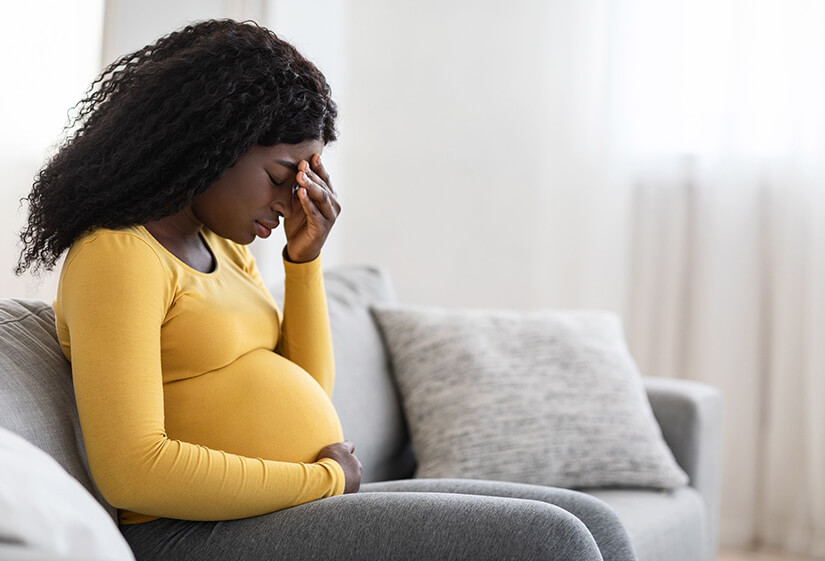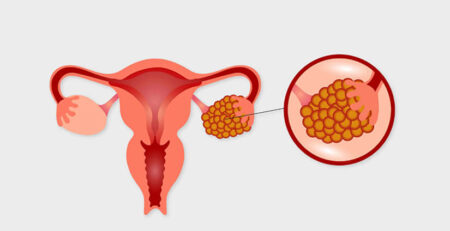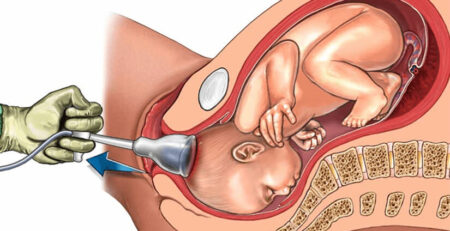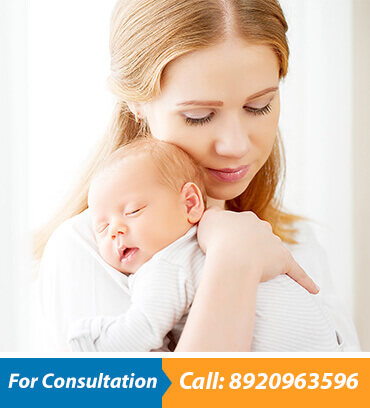What are The Symptoms of Low Ovarian Reserve?
Do you experience irregular periods or struggle to conceive despite actively trying for a while? Do you wonder if there may be an underlying medical issue hindering your chances of getting pregnant? If so, you may be experiencing low ovarian reserve.
Low ovarian reserve refers to a condition in which a woman’s ovaries have a diminished quantity and quality of eggs. This can lead to infertility and difficulty conceiving. But how to know if you are suffering from low ovarian reserve?
Don’t fret! In this blog, we will explore the low egg reserve symptoms so you can better understand this condition and take steps to address it.
Let’s get started!
What is Low Ovarian Reserve?
Before moving forward, let’s understand what low ovarian reserve is.
Ovarian reserve refers to the number and quality of eggs that a woman’s ovaries can produce at a particular time. It is an important factor in determining a woman’s fertility potential. The average egg count varies by age and is an important indicator of ovarian reserve.
Here is a general overview of the average egg count by age:
At Birth: 1 to 2 million oocytes
At Puberty: 300,000 to 500,000 eggs
In the 30s: Around 25,000 eggs
In the 50s: roughly 1,000 oocytes
Low ovarian reserve is a condition where a woman’s ovaries have fewer eggs than expected for her age. This can occur naturally due to ageing or caused by certain medical conditions or treatments that damage the ovaries.
When a woman has a low ovarian reserve, it can make it more difficult to get pregnant because fewer eggs are available for fertilisation. There are several possible causes of low ovarian reserve, including age, genetic factors, autoimmune disorders, chemotherapy or radiation therapy for cancer, and certain surgical procedures.
A proper diagnosis can help to determine the low egg reserve treatment.
Symptoms of Low Ovarian Reserve
The low egg reserve symptoms may not be noticeable at first, but as the condition progresses, a woman may experience the following:
- Irregular periods or skipped periods
- Shorter menstrual cycles
- Heavy menstrual flow
- Difficulty in conceiving
- Miscarriage
Evaluation of Low Ovarian Reserve
Evaluating low ovarian reserve typically involves a series of tests to assess a woman’s ovarian function and egg supply. These tests can help determine the quantity and quality of a woman’s eggs and whether she may have difficulty conceiving.
One commonly used test is the follicle-stimulating hormone (FSH) test, which measures the level of FSH in a woman’s blood on the third day of her menstrual cycle. High levels of FSH can indicate a low ovarian reserve.
Another test is the anti-Mullerian hormone (AMH) test, which measures the level of AMH in a woman’s blood. AMH is produced by the small follicles in the ovaries, and low levels can indicate a low ovarian reserve.
An ultrasound may also be used to count the number of antral follicles (small follicles) in a woman’s ovaries. A low number of antral follicles can suggest a low ovarian reserve.
Additionally, a doctor may perform a clomiphene citrate challenge test (CCCT), which involves taking ovulation induction drugs and measuring FSH levels before and after taking medication. A high FSH level after the challenge can suggest a low ovarian reserve.
Consult the best IVF centre in Delhi for a proper low ovarian reserve evaluation and treatment.
Final Words!
It is important to note that not all women with a low ovarian reserve will experience symptoms. The only way to diagnose low ovarian reserve accurately is through a fertility evaluation with a professional gynaecologist.
If you’re concerned about low ovarian reserve, speaking with a fertility expert like Dr Rhythm Gupta is important. As a highly experienced IVF Specialist in Delhi, Dr Rhythm Gupta can help you understand the low egg reserve symptoms and provide personalised treatment options that suit your unique needs.
So, don’t wait any longer; book a consultation with Dr Rhythm Gupta today and take the first step towards your dream of parenthood!












